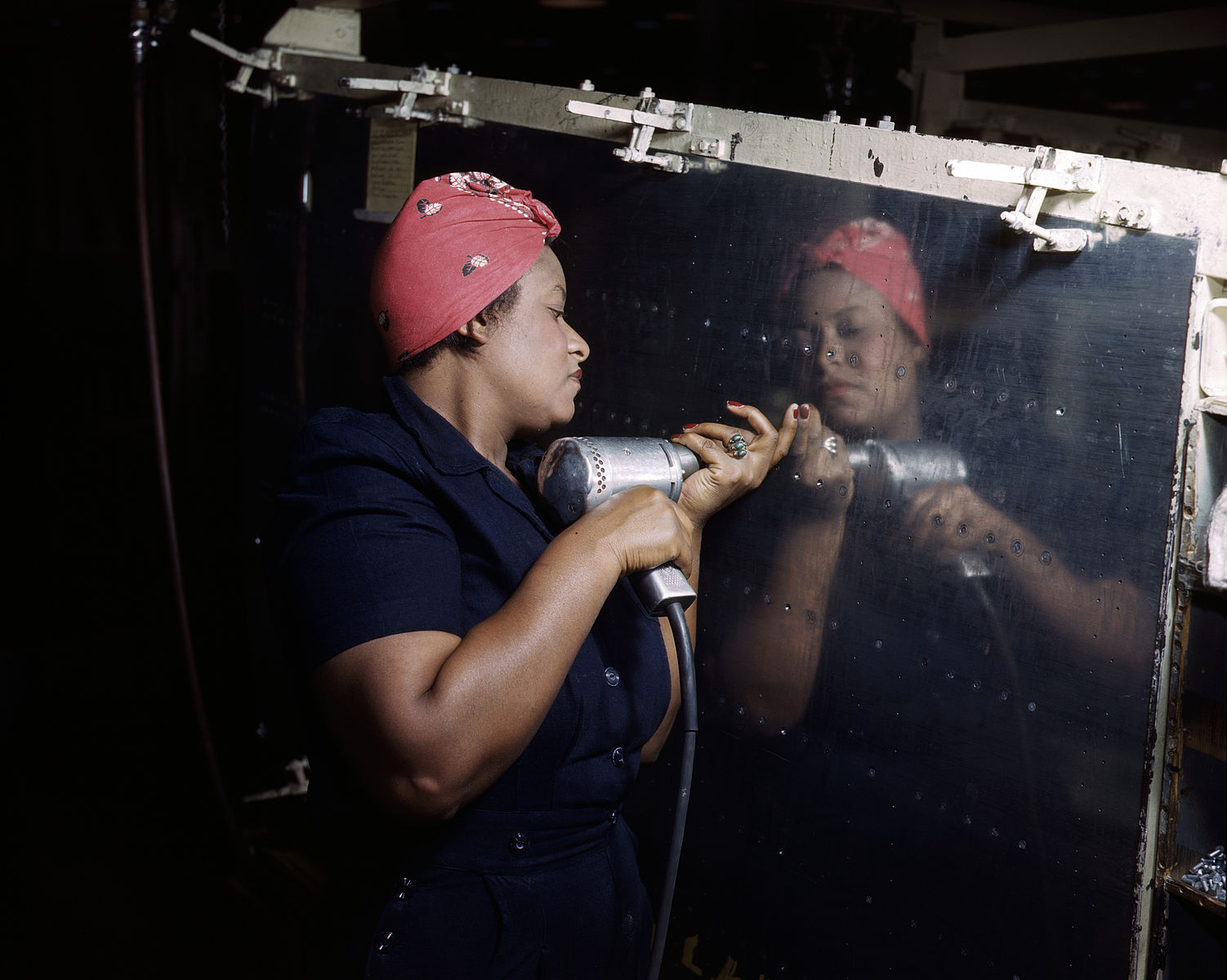Throughout the month of March, the Collegian will be highlighting strong women throughout history. In this, we honor ordinary women who fought for the future that we live in. We also renew our commitment to seek true equality in all aspects of life.
With the passage of the 19th Amendment, women were granted the right to vote in the United States. In a basic government class, students are taught that this amendment was the natural next step in a free country, and that it only took a few women to make people realize that women should be allowed to vote. In reality, it took 143 years from the conception of this free nation for women to earn the right to vote.
When the women’s rights movement started with the Seneca Falls convention in 1848, the task ahead seemed daunting and unattainable. According to History.com, around 300 women attended despite the convention’s lack of publicity, but 300 hardly sounds like a number that could take on all the prejudices and injustices. Yet the convention passed 11 resolutions, which included the right of women to be educated, to speak in religious assemblies and to vote.
Many leaders spoke at this convention and continued to fight for women’s rights. Elizabeth Cady Stanton, Susan B. Anthony, Lucretia Mott and Alice Paul are only a few of the names that became the spirit of the women’s rights movement throughout the almost 70 years from its inception to the 19th Amendment’s ratification.
While history acknowledges these women as influential, it does little to praise their courage and strength in the face of injustice. These women, however, are some of the strongest figures in American history, and were willing to spend their entire lives fighting for justice and equality even in the middle of the Civil War, the Reconstruction process, the Industrial Revolution and the advent of U.S. involvement in WWI.
In 2020 America, it seems so long ago that women earned the right to vote, and the struggles of the original leaders of the women’s rights movement seem so far removed from the current situation. But the same qualities that inspired those women must continue to inspire the modern woman so that she can continue to fight against the systemic injustices both in this country and worldwide.
The original leaders offer a model for this lofty goal. First, they took up the cause of all the overlooked, disenfranchised and unwanted people groups in the nation. They were abolitionists, supporters of African-Americans, helpers to immigrants and fighters for workers’ rights in the factories. These strong women didn’t just look at the problems that directly affected them. They went beyond this limited perspective to understand that injustice is just as vile against any people group, and that victory over injustice for one group should not come at the expense of any other.
Furthermore, these women were devout Christians. God was their perfect model of justice, just as he should be for us today. Quakers spearheaded the earliest days of the women’s rights movement, using non-violent techniques that demonstrated the peace of God and the power of devotion to prayer, loving desperately and seeking a holy community centered upon the idea of creating justice in an unjust world. At Asbury, we are a school grounded in the Wesleyan-Holiness tradition and, thankfully, there is a great deal of support for women in ministry and in leadership positions. This is a part of our roots, and it should come with no surprise that womenshistory.org mentions that the Seneca Falls convention was held in a Wesleyan chapel.
These women also knew the difference between a thirst for justice and bloodlust. Their goal was not to strike down those who opposed their views, but to argue passionately and articulately for the accuracy of their position. The women’s rights movement was intentionally focused on non-violence and though certain factions were certainly guilty of violent acts, their goals were largely achieved through participation in the democratic process. In modern society, it can be easy to assume the worst of those who hold different perspectives, but, as Proverbs 15:1 tells us, “a gentle answer turns away wrath, but a harsh word stirs up anger.”
It can be tempting to assume dramatic events like the passage of the 19th Amendment happened through some sudden display of might, demanding the right. The truth, however, reveals a narrative of grace, patience and grit that spanned more than 70 years and multiple changes in the American culture.
As modern society wrestles with the offshoots of issues raised nearly 200 years ago, we would do well to follow the example of the leaders of the women’s rights movement. Speak up for justice, stand firm in what is right, but season words with tact and grace. Change does not happen overnight but, as Margaret Mead said, “Never doubt that a small group of individuals can change the world; indeed, it’s the only thing that ever has.”


